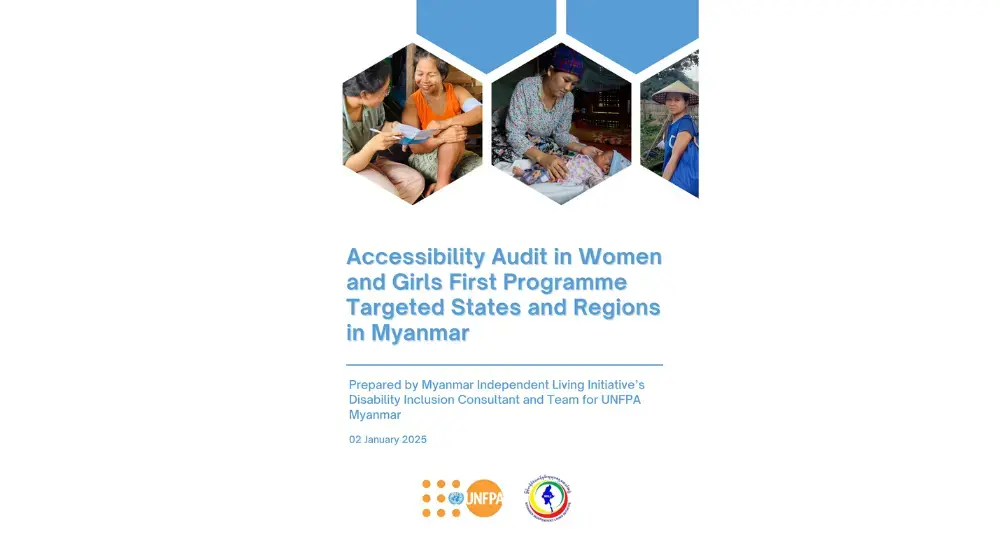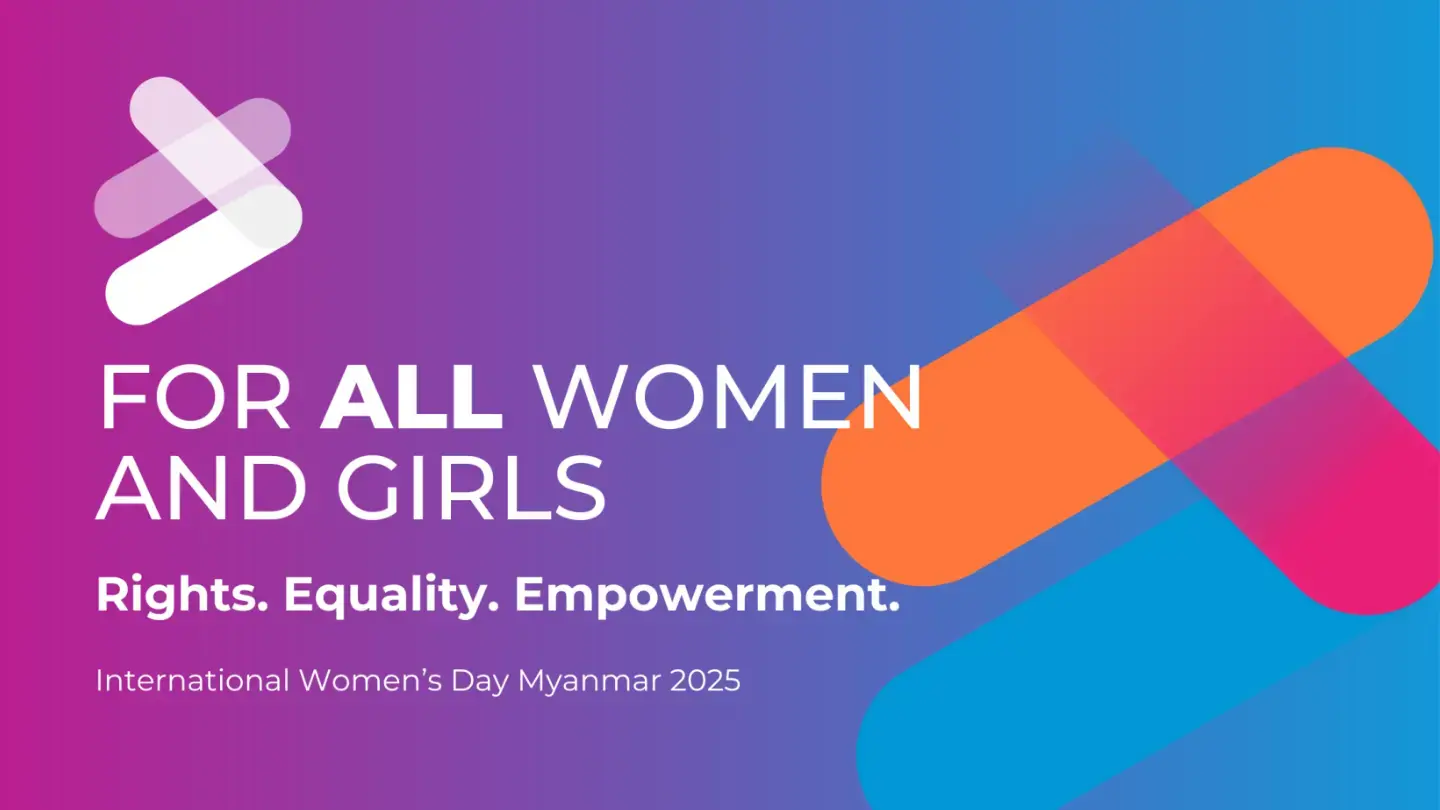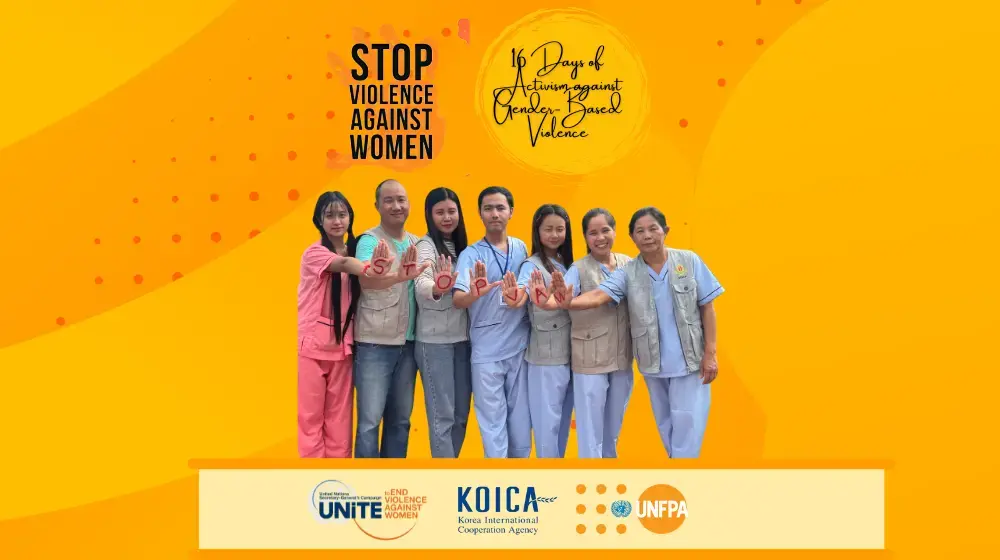Globally, nearly 1 in 3 women have been abused in their lifetime. In Myanmar, although data on Violence against Women is extremely limited, estimates are that at least 21 per cent of ever-married women have experienced spousal physical, sexual, or emotional violence and only 7.8 per cent of the 15-19 years old who experienced physical and sexual violence had sought help according to the Myanmar Demographic and Health Survey (2015-2016).
In times of crises such as humanitarian crisis, conflicts, climate disasters and the COVID-19 pandemic, the prevalence of gender-based violence increases. A new report from the United Nations, based on data from 13 countries since the pandemic, shows that 2 in 3 women reported that they or a woman they know experienced some form of violence and are more likely to face food insecurity.
A state of emergency or COVID-19 restriction measures are not an excuse for violence against women and girls. The compounded crisis in Myanmar has disproportionally affected women and exacerbated the vulnerabilities of women and girls from marginalized groups; particularly, those living in conflict affected areas and in situations of internal displacement, women living with HIV/AIDS, women with disabilities, women migrant workers, and members of the LGBTQI community.
In this context, there is an urgent need to take specific measures to ensure the protection of women and girls and to increase the availability and accessibility of quality, multi-sectoral services, including health care, justice, safety, protection and social services for GBV survivors, regardless of the political and security situation. In Myanmar this requires support for the many civil society organizations, women civil society organizations and health civil society organizations in particular, who are running prevention programming and delivering services day in and day out in often incredibly complex circumstances.
Too often survivors of violence are blamed for being abused. Too often survivors of violence are stigmatized in the community. This must stop. Survivors must be heard and believed and perpetrators must be held accountable for their actions.
Every one of us, as a change agent, can do something to end violence against women and girls.
Today is the International Day for the Elimination of Violence against Women and the beginning of the 16 Days of Activism against gender-based violence. This year’s global theme for the campaign is “Orange the world: End violence against women now!”.
On this day, UN Women and UNFPA as the co-chairs of the United Nations Gender Theme Group (UNGTG) in Myanmar re-affirm the commitment of the United Nations Country Team to remain on the ground and continue to support programs that promote gender equality and the empowerment of women, and respond to the needs of women and girls, including the provision of essential services to survivors of violence, leaving no one behind.
Every women and girl has the right to live a life free of violence and full of dignity. It is a fundamental human right. Together, we must keep to our commitments and take action to end gender-based violence now.




